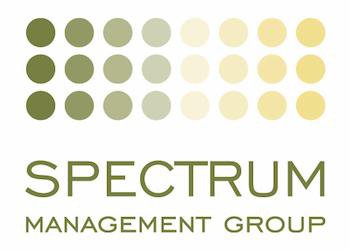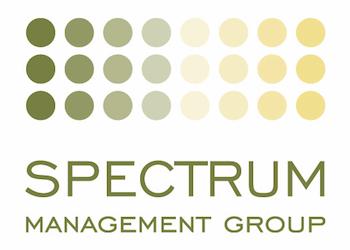
Kelly Phillips Erb
April 12, 2017
If you’re engaging in a little financial spring cleaning this year, consider scanning your records and storing them electronically. Specific rules may vary depending on the asset, transaction or expense but generally, you want to make sure that your electronic records are as accurate (and legible) as your paper records and easily accessible.
From tax documents to employee benefits, here are some tips on what documents to toss or save.
Taxes – You’ll want to keep supporting documentation for as long as the statute of limitations runs. Supporting documentation for your tax returns include: forms W-2 and 1099, receipts, invoices, mileage logs, canceled checks, proofs of payment, and any other records to support income, deductions or credits you claim on your return.

Shutterstock
Student loans – One thing you should never throw away: your master promissory note for your student loans. It’s the legal document you got when you took out the loans, and you should keep it until the debt is paid off.
Credit cards – Consider holding onto your credit card statements for seven years.
If you’ve gone paperless, figure out how long you have access to your statements online. (After a certain point you have to request them by snail mail.)

Shutterstock
Real estate – Your FICO score determines if you qualify for a mortgage and what interest rate you’ll pay. You’ll need around a 620 for a lender to consider you at all. If you don’t qualify for a competitive rate, consider waiting to buy a home until you’ve improved your credit – negative activity on your report can last for more than seven years.

Shutterstock
Insurance – We don’t like to talk about life insurance for many reasons, but especially because it requires acknowledgment of the fragility of our own lives. But considering the extremely high probability of our mortality, it’s important to keep your original docs – like your beneficiary designations – handy to make review a snap.

Shutterstock
Banks/brokers – When it comes to records for banks and brokerage accounts, you may already have an advantage: most financial institutions offer a totally digital option, making storage a breeze.

Shutterstock
Bitcoin – Hold bitcoin or other cryptocurrencies? Download the latest records but don’t toss any. The IRS has begun to crack down on cryptocurrency holders, and its treatment of these tokens is still uncertain. Plus, your cryptocurrency transaction logs are likely electronic. Given the uncertainty, what do you gain by deleting a spreadsheet?

Shutterstock
Retirement – The most important paperwork item is the beneficiary form, says CPA Ed Slott, of N.Y. The beneficiary form you fill out when you open a retirement account—not your will/living trust— says who gets your account after your death. Make sure your forms are up to date, and let your executor and beneficiaries know where you keep copies.

Shutterstock
Employee benefits - Workers get a bevy of paperwork from employee benefits like an HSA, 401(k) or health and dental insurance. Most of these documents should be kept for at least 3 years, says Aflac’s HR director Matthew Owenby, except EoB junk you can toss or documents with tax or legal implications that should be safely stored away.
This article was written by Kelly Phillips Erb from Forbes and was legally licensed by AdvisorStream through the NewsCred publisher network.
© 2024 Forbes Media LLC. All Rights Reserved
This Forbes article was legally licensed through AdvisorStream.


